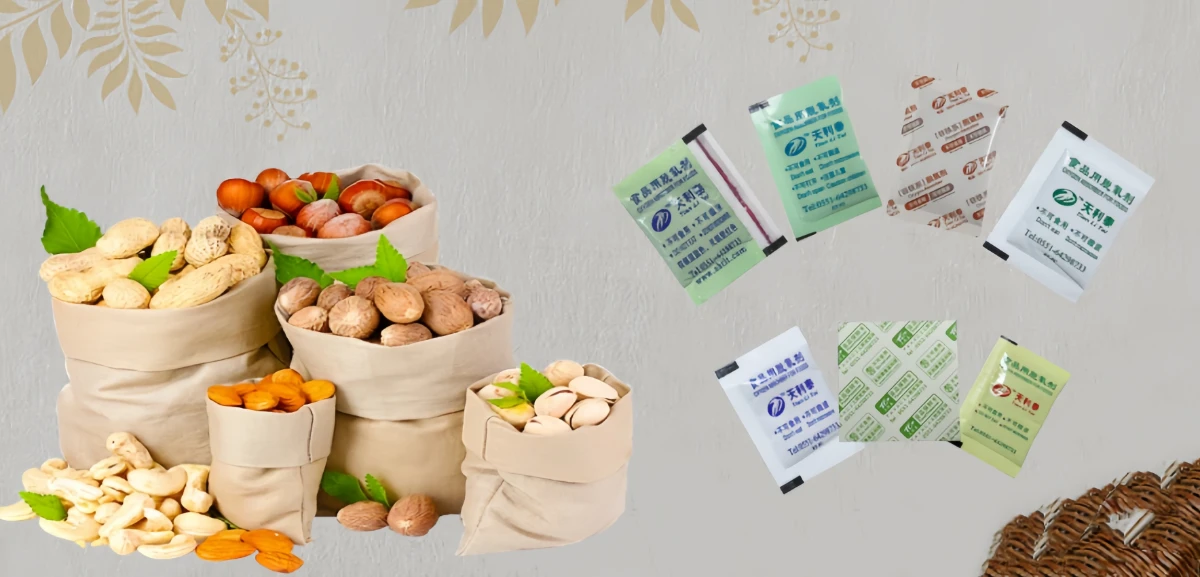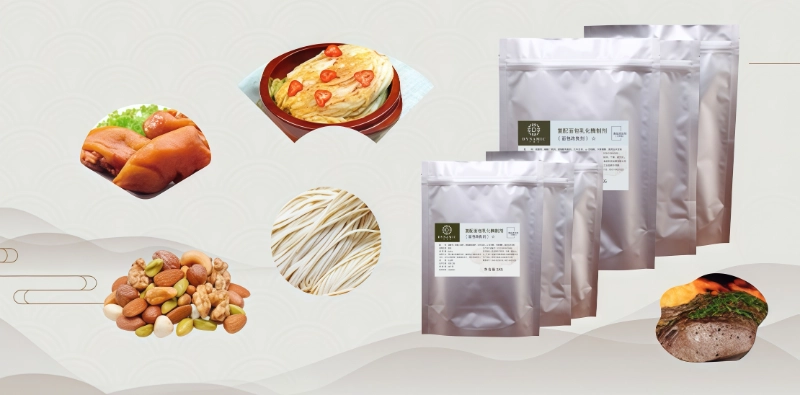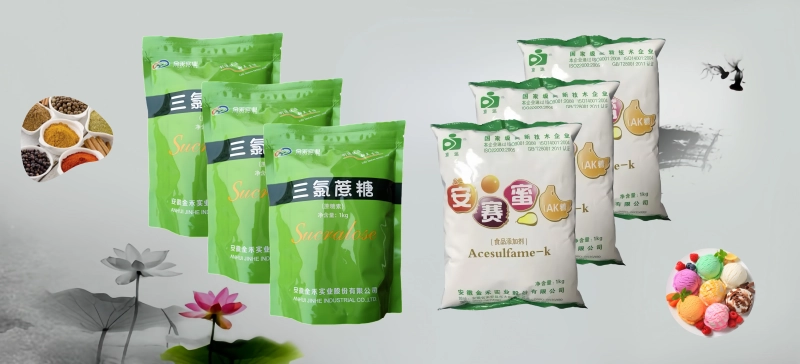Everything You Need to Know About Food Sweeteners
Release time: 2025-09-30
With the increasing popularity of healthy eating concepts and consumer demand for low-sugar and low-calorie foods, the use of food sweeteners is becoming increasingly widespread, becoming an indispensable part of modern food processing. As an ideal sugar substitute, sweeteners not only provide sweetness but also help control calorie intake, meeting the needs of various consumers. Today, we will introduce several common food sweeteners and help you understand their characteristics, advantages, and applications in food.
What are food sweeteners?
Food sweeteners are substances that provide sweetness, either synthetically synthesized or naturally derived, replacing traditional sucrose and other natural sugars. They are low in calories, sugar, and calories, helping consumers reduce their sugar intake. They are suitable for diabetics, those trying to lose weight, and those focusing on a healthy diet.
Common Types of Food Sweeteners
Currently, there are many types of food sweeteners on the market, which can be roughly divided into the following categories based on their source and ingredients:
1. Artificial Sweeteners
Artificial sweeteners are chemically synthesized sweeteners. They typically have extremely high sweetness and can provide sufficient sweetness in foods even in very small amounts. Common artificial sweeteners include:
Acesulfame potassium (Ace-K): Acesulfame K food sweetness is a high-intensity artificial sweetener, approximately 200 times sweeter than sucrose. It is commonly used in beverages, candy, chewing gum, and other products.
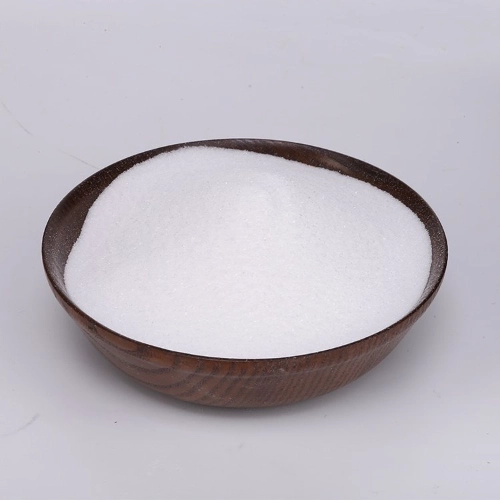
Sucralose: Sucralose food sweetener is extracted from sucrose and chemically treated. It is 600 times sweeter than sucrose and has excellent heat stability. It is widely used in foods such as baked goods and beverages.
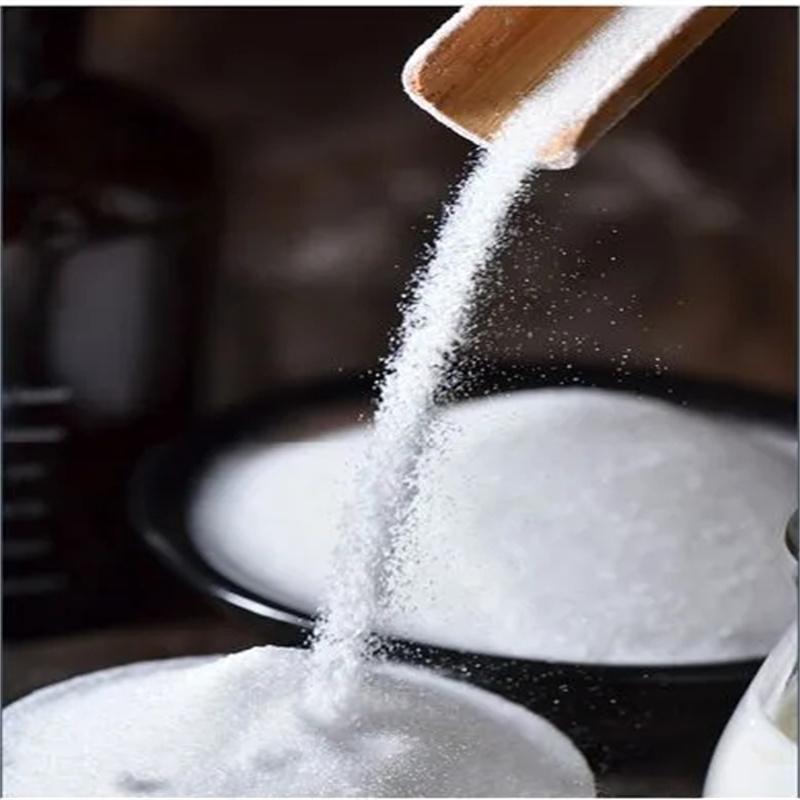
2. Natural Sweeteners
Natural sweeteners are derived from sugar compounds found in plants or nature and are generally considered healthier than artificial sweeteners. Common natural sweeteners include:
Stevia: A plant extract with a sweetness dozens to hundreds of times greater than sucrose and virtually no calories, it is an ideal choice for diabetics and those seeking to lose weight.
Xylitol: A common sugar alcohol sweetener with a sweetness similar to sucrose but lower in calories, it is suitable for foods such as chewing gum and candy.
3. Sugar Alcohol Sweeteners
Sugar alcohol sweeteners, such as xylitol and mannitol, are widely used in sugar-free foods. They offer a sweetness similar to sucrose while being lower in calories. Sugar alcohol sweeteners are characterized by not being fully absorbed during digestion, resulting in lower calories and a minimal impact on blood sugar levels.
Advantages of Food Sweeteners
1. Low Calorie and Low Sugar
The greatest advantage of sweeteners is their low calorie and low sugar properties. By using sweeteners, consumers can enjoy a sweet taste without increasing calories. Sweeteners offer an ideal option for diabetics or those seeking to manage their weight.
2. High Sweetness, Small Use
Most sweeteners have a sweetness significantly higher than sucrose, allowing them to provide the desired sweetness in minimal amounts. This characteristic means that sugar usage can be reduced in production while maintaining a sweet taste.
3. Thermal Stability
Many sweeteners exhibit excellent thermal stability, resisting degradation and loss of sweetness at high temperatures. This makes them ideal for use in baked goods, beverages, and other foods that require heating.
4. Safety
Artificial sweeteners such as acesulfame potassium and sucralose have been proven safe after rigorous testing according to international standards and are recognized by global food safety regulators (such as the FDA and EFSA). Natural sweeteners such as stevia have also been extensively studied and shown to be highly safe.
Applications of Food Sweeteners
Food sweeteners have a wide range of applications, including:
- Beverages: low-sugar beverages, sugar-free beverages, sports drinks, fruit juices, etc.
- Baked Goods: desserts, cakes, biscuits, candies, etc.
- Dairy Products: low-fat yogurt, milk tea, ice cream, etc. Condiments: Sauces, seasoning powders, salad dressings, etc.
With the increasing consumer demand for low-sugar and low-calorie foods, the market potential for food sweeteners is enormous, and more and more manufacturers are turning to sweeteners to meet market demand.
Why Choose Our Food Sweeteners?
As a professional food sweetener supplier, Tianlitai acesulfame potassium and sucralose products offer the following advantages:
- High Quality Assurance: Our sweeteners meet food-grade standards and are reliable, ensuring that each batch undergoes rigorous quality control.
- High Thermal Stability: Our sweeteners are stable at high temperatures, making them ideal for use in baking and heat-processed foods.
- Wide Applications: Our sweeteners can be used in a wide variety of foods and beverages, helping customers meet the needs of diverse consumers.
- Safety and Reliability: Our sweeteners comply with international food safety standards and are safe to use.
Conclusion
Food sweeteners provide a variety of healthy, low-calorie, and low-sugar solutions for the modern food industry. Whether promoting a healthy diet or responding to market demand for low-sugar foods, sweeteners are essential ingredients. As your reliable supplier, we are committed to providing you with high-quality acesulfame potassium and sucralose, helping your products better meet market demands and win consumer favor.
Choose our food sweeteners to make your products healthier and more delicious!

